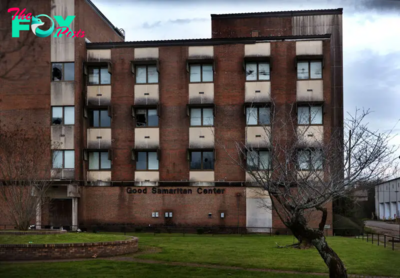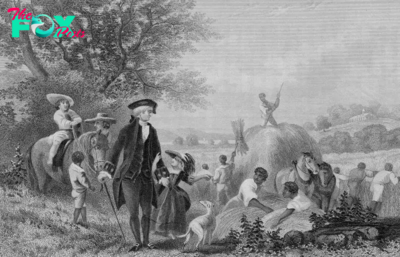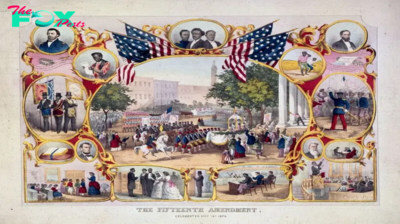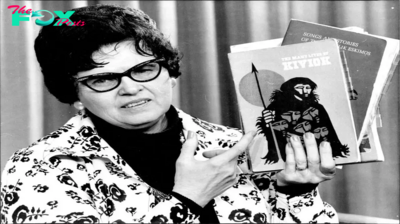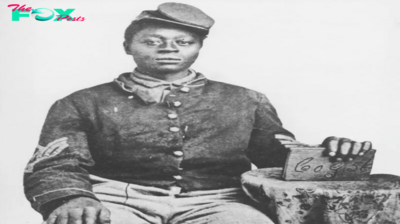History
The Long, Sordid History of Foreign Governments Courting Members of Congress
The relationship between foreign governments and members of Congress is generating headlines and drawing scrutiny. First, on May 3, the Department of Justice charged Texas Representative Henry Cuellar with bribery, money laundering, and doing work on behalf of a foreign government. Then on May 15, the trial began for New Jersey Senator Robert Menendez, who stands charged with using his office to facilitate favorable deals and agreements involving select Businesspeople and the Egyptian and Qatari governments. The Menendez case has produced sensational and salacious details — ranging from stacks of cash to gold bars found in the Senator’s residence — attracting a massive media spotlight. Cuellar has said he is innocent and Menendez has pleaded not guilty.
Yet, while the two cases are grabbing headlines, they are far from the first time foreign governments may have courted members of Congress. Such efforts — often illegal — have long been a way to shape American policy so that it benefits other countries. Foreign governments frequently pursue a dual track strategy in which they court policymakers through lobbying and other means, while also working to shape American public opinion to limit the options for members of Congress and the President. These strategies have paid great dividends in the past, even as they have also at times resulted in scandal.
Perhaps the most significant case of a disreputable regime moving to shape American policy began when dictator Rafael Trujillo seized control of the Dominican Republic in 1930. Trujillo quickly endeared himself to segments of his nation’s population by reconstructing the capital after the 1930 San Zenón hurricane, paying off the Dominican Republic’s foreign debts, and adopting anti-Black policies. American State Department officials could not overlook that Trujillo assassinated opponents and their family members while demanding loyalty to his political party and payments from almost every enterprise in his country.
To counteract such views and obtain U.S. armaments, Trujillo spent the next three decades trying to mold U.S. public opinion and policy in his favor. To do so, he used lobbying, public relations, and other strategies, setting the standards for regimes seeking to cultivate beneficial relationships with members of Congress for years to come.
Read More: Menendez Indictment Sparks Calls for Aid to Egypt to Be Suspended
Trujillo’s agents first identified Congress as a necessary instrument to shape U.S. foreign policy in the late 1930s. In October 1937, the dictator encouraged the widespread slaughter of hundreds of Haitian workers and civilians during what became known as the Parsley Massacre. These atrocities sparked a wave of backlash that temporarily isolated the Dominican regime from the international community.
In an effort to stifle the cries coming from the U.S., Trujillo’s officials ordered diplomats to compare his racist, anti-Black policies to racism and segregation in the U.S. and used the lobbying services of Joseph Davies, a close friend of President Franklin D. Roosevelt. Still, this did little to silence the passionate denunciations coming from, among others, New York Representative Hamilton Fish, Jr., and Massachusetts Senator David Walsh.
To silence such criticism, Trujillo’s officials established beneficial connections with Fish and Walsh that involved exchanges of money and goods. Fish received at least $25,000 from the dictator’s agents under the pretense of an oil-related investment, but the New York Representative spent the next years denying allegations of bribery.
Walsh’s treatment differed a bit. Weeks after the Parsley Massacre, Trujillo welcomed him to the Caribbean nation. There, Walsh received what he estimated was at least $1,000 in cases of liquor and mahogany furniture. Far more valuable, though, were six mosaic tiles torn off the walls of the Iglesia de San Nicolás de Barí, built in 1503 as one of the Western Hemisphere’s first Catholic churches. More than trinkets and celebrations, religion was the perfect means through which the dictator could win over the Catholic Walsh.
This courtship worked. While they had once called him a genocidal despot, Fish and Walsh flipped to adamantly defending Trujillo as a Christian statesman, and they would continue to do so until their deaths.
Because observers questioned such relationships, Trujillo’s agents refined their formula and turned to more acceptable forms of lobbying in the hopes of maintaining a favorable image in Congress. For decades, the Dominican government obtained the services of former members of Congress from both parties, including New York Representative William Pheiffer and Montana Senator Burton Wheeler.
Wheeler — whose firm had a $12,500 contract with the Compañía Dominicana de Aviación — demonstrated the value of such ties in 1948. He assured Dominican officials that it was his words to President Harry S. Truman that facilitated the replacement of U.S. Ambassador to the Dominican Republic George Butler, a critic of Trujillo, with the more amenable Ralph Ackerman.
In a longshot bid to shape the views of Michigan Senator Arthur Vandenberg, known for his moral rectitude, Trujillo sponsored William A. Morgan, a respected physician well known among Washington politicos who tried arranging Caribbean sojourns for Vandenberg’s family members. These efforts failed. Morgan ended up only providing friendly medical advice in the months before Vandenberg died in 1951.
But this didn’t deter Trujillo. He redirected the doctor to courting other members of Congress due to a shared interest in the favorite sport of Washington politicos, Golf.
One of Trujillo’s most valuable allies, former U.S. Attorney General Homer Cummings, hosted a biannual golf tournament in Pinehurst, N.C. After the dictator hired Cummings, he began inviting other Dominican allies like Morgan to the tournament in addition to providing the dictator with legal advice and priceless connections. The tournaments enabled those who championed Trujillo to play alongside the most powerful figures in both politics and industry. Over drinks in the clubhouse or roaming the fairways, members of Congress and Truman’s close friend Leslie Biffle, among others, heard laudatory descriptions of the Dominican dictator’s achievements.
Unsurprisingly, given this courtship, a group of members in both parties and both houses of Congress — including Wisconsin Representative Gardner Withrow, South Carolina Senator Olin Johnston, Mississippi Senator James Eastland, and Florida Senator George Smathers — consistently dismissed the dictator’s involvement in the murders and disappearances of his critics on U.S. soil. This was made all the more easy because, during the Cold War, Trujillo regularly backed the U.S. over the Soviet Union. Once Fidel Castro took power next door in Cuba in 1959, those members of Congress held up Trujillo as a necessary and reliable anti-communist ally in the tumultuous Caribbean Basin. Despite these justifications, even after the dictator’s death in 1961, rumors swirled that these and other members of Congress had received tens of thousands of dollars in bribes — though nothing was ever proved.
Read More: Texas Rep. Henry Cuellar and His Wife Are Indicted Over Ties to Azerbaijan
To avoid such negative attention in the media, other regimes with unfavorable reputations often relied more on acceptable forms of lobbying to reshape U.S. public opinion and pressure those in the halls of Congress. In the 1950s for example, Portuguese dictator António de Oliveira Salazar retained the public relations powerhouse George Peabody and Associates while the Overseas Companies of Portugal and the Boston-based Portuguese-American Committee on Foreign Affairs distributed tracts and booklets whose pages appeared in local outlets and the Congressional Record.
In the mid-1960s, Rhodesia (today, Zimbabwe) pursued a more bombastic strategy as it tried to maintain its white supremacist system. Trying to undo a U.N.-directed embargo and end American trade sanctions, Rhodesian officials unleashed a barrage of racist propaganda in the U.S. and networked with a range of right-wing organizations from Young Americans for Freedom to the John Birch Society. They also sponsored “Friends of Rhodesian Independence” chapters across the U.S. whose members inundated congresspeople with letters and petitions.
These efforts bore fruit. Virginia Senator Harry F. Byrd, Jr., supported by a bipartisan, conservative coalition, successfully enacted an amendment in 1971 that forced the U.S. government to circumvent the U.N. and continue importing chrome from Rhodesia. For half a dozen years, myriad conservative and right-wing organizations championed the provision as a blow against the Soviet Union and international communism — even as it propped up the white supremacist regime.
This History reveals that what Cuellar and Menendez are accused of is far from unusual. Lobbying by foreign governments is pervasive, routine, and often happens below the radar. These governments have spent — and will continue to invest — millions in an effort to gain allies in Congress, as well as to shape American public opinion in their favor. In the 21st century, these governments can also use a modernized version of the Rhodesian strategy, one that involves social media manipulation.
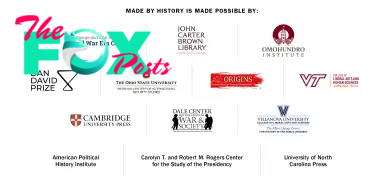
These governments understand that courting members of Congress and retaining the services of those who have access to top policymakers in the executive branch can pay real dividends, as they did for Trujillo and the Rhodesian officials working to save their white supremacist regime.
While most of these cases won’t rise to the level of criminal charges or grab the spotlight, they will have enormous impact over American policy, and can twist it in directions that aren’t in the U.S.’s best interests.
Aaron Coy Moulton is associate professor of Latin American History at Stephen F. Austin State University and visiting scholar at the Center for Right-Wing Studies at the University of California, Berkeley.
Made by History takes readers beyond the headlines with articles written and edited by professional historians. Learn more about Made by History at TIME here. Opinions expressed do not necessarily reflect the views of TIME editors.
-
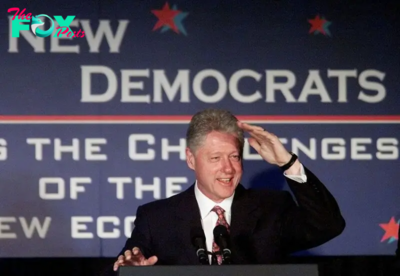
 History1w ago
History1w agoThe Democratic Party Realignment That Empowered Trump
-
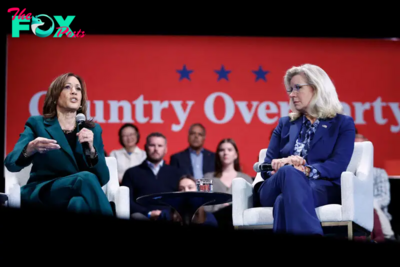
 History1w ago
History1w agoWhy People Should Stop Comparing the U.S. to Weimar Germany
-
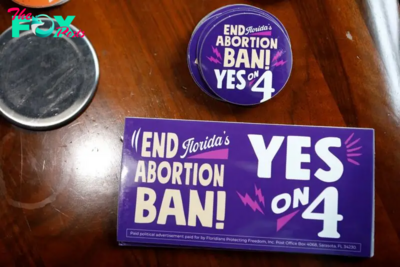
 History1w ago
History1w agoFlorida’s History Shows That Crossing Voters on Abortion Has Consequences
-

 History1w ago
History1w agoThe 1994 Campaign that Anticipated Trump’s Immigration Stance
-
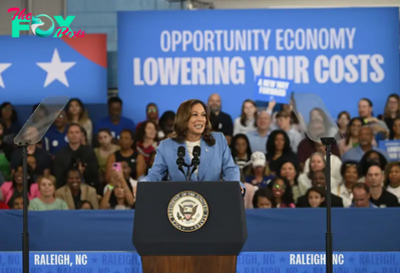
 History2w ago
History2w agoThe Kamala Harris ‘Opportunity Agenda for Black Men’ Might Be Good Politics, But History Reveals It Has Flaws
-
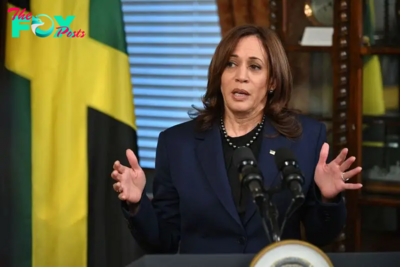
 History2w ago
History2w agoLegacies of Slavery Across the Americas Still Shape Our Politics
-
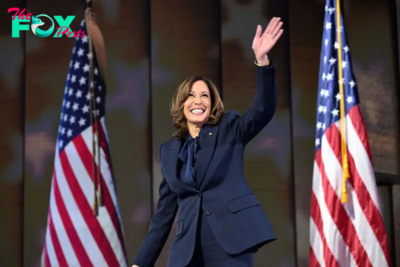
 History2w ago
History2w agoKamala Harris Is Dressing for the Presidency
-

 History2w ago
History2w agoWhat Melania Trump’s Decision to Speak Out on Abortion Says About the GOP
